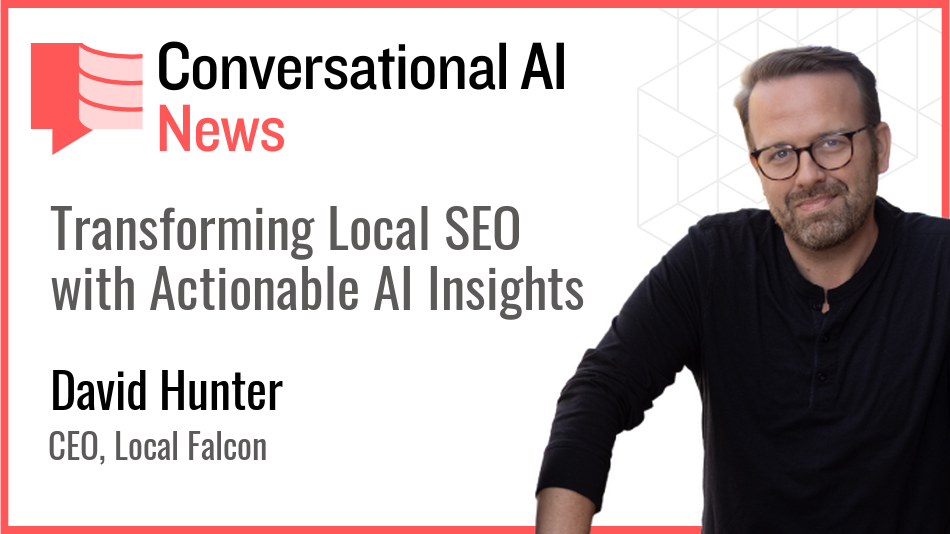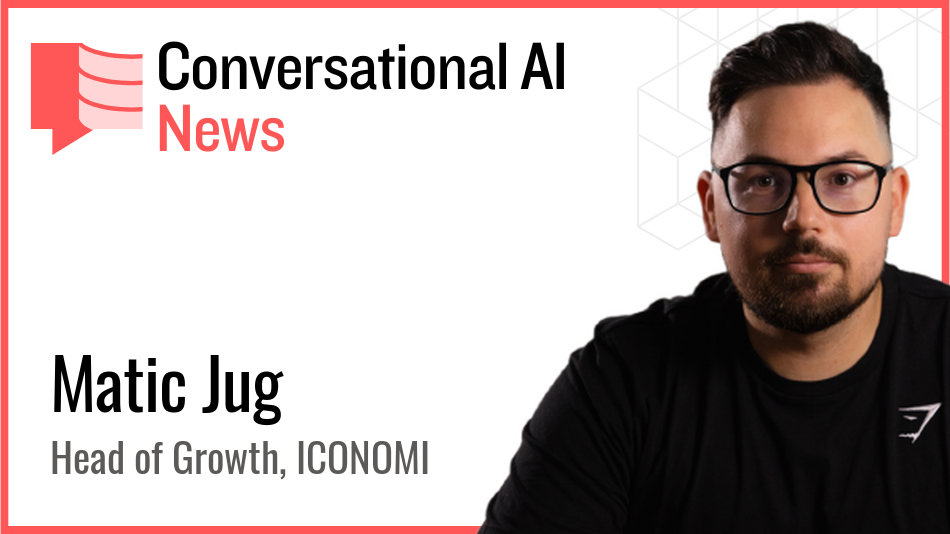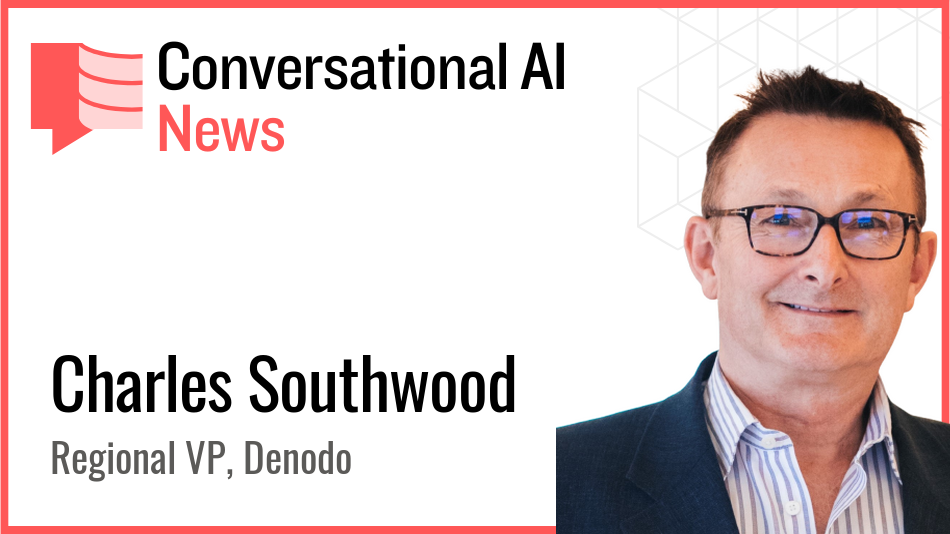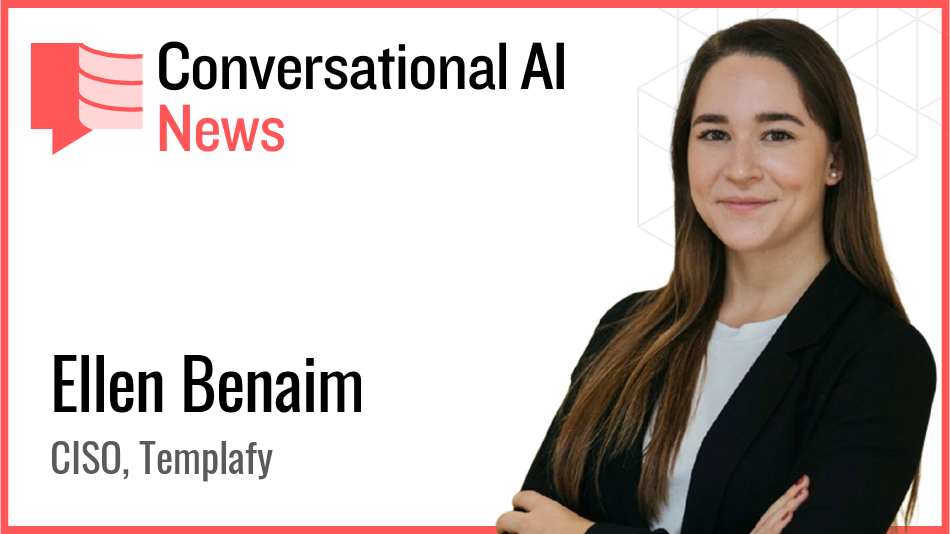David Hunter of Local Falcon: Transforming Local SEO with Actionable AI Insights

Today I'm bringing you an interview with David Hunter of Local Falcon. His company is a leading AI-powered local rank tracking tool that gives small businesses a comprehensive view of their online performance by analyzing search rankings and offering recommendations to help businesses make smarter decisions about how to improve visibility locally.
I asked David to give us his perspective on how they're using AI to supercharge their service.
Over to you David - my questions are in bold:
Who are you, and what's your background?
My name is David Hunter, and I’m originally from Erie, Pennsylvania. I started college at Fordham University in New York, where I didn’t take it very seriously since my dad was paying the bill. Thanks to too much partying and missed classes, my academics suffered, and I could tell it wasn’t working for me, so I moved back home, transferred to a new school, and began waiting tables at a local restaurant.
After eventually finishing my degree in Marketing, I got my first “real” job as a financial advisor at Merrill Lynch. As a 21-year-old, I was completely unqualified and unhappy. When the market crashed in 2008, I ended up getting laid off, and while it felt like a major setback at the time, it was actually a blessing in disguise. It allowed me the space to think about what I really wanted to do with my future. I applied to law school in hopes that it would be a career I could sustain, but after getting accepted, I decided to turn it down and focus on my real passion.
When I went to pick up some dinner to-go at the local restaurant where I used to work, I ran into a regular who knew me from when I worked there. Knowing my interest in marketing, he asked if I could build a website for his company. Without any prior experience or knowledge of code, I accepted the $5,000 project that would kickstart the rest of my career. From there, I contacted my buddy who knew how to write code, and in about 10 days, we had a website for this local business and the easiest five grand we ever made.
Before we knew it, we were a full-service digital marketing agency called Epic Web Studios that kept growing, learning and adapting. As we continued to work with business owners, we noticed many were struggling with local search visibility, and that led us into Local SEO in 2014.
I went on to connect with Yan Gilbert a few years later, who had an amazing concept for mapping local rankings using grid-based data rather than zip code centroids. While he didn’t want to build a business around it, I knew I did, so we teamed up and launched Local Falcon. What initially started as a side project turned into a full business model in 2022 when we started to put more effort into growth. In 2023, we realized we could take it even further by layering AI on top of the data and turning Local Falcon into something more than just an analytics tool, but also something that gives businesses actionable insights into improving their local SEO.
What is your job title, and what are your general responsibilities?
I am the CEO of two companies, Local Falcon and Epic Web Studios. I mostly focus on growing the businesses, leading the teams, working with clients, and steering strategy. Basically, I make sure everything is moving in the right direction without getting too bogged down in the weeds.
Can you give us an overview of how you’re using AI today?
We use AI to turn local search data into an actual strategy. Local Falcon started as a hyper-local analytics platform - think geo-grid rankings that show exactly where a business appears on Google Maps, but static rankings aren’t enough. Businesses want to know why they rank where they do, and more importantly, how to improve it.
That’s where Falcon AI comes in. It interprets ranking patterns across thousands of data points, compares them to competitors, evaluates business profiles, citation presence, and even customer reviews. It then delivers tailored recommendations - not generic best practices, but real-world, map-based advice like “optimize your primary category” or “you’re missing a citation that your top competitors all have.”
We also just rolled out the Model Context Protocol (MCP), which allows any AI agent to plug into Local Falcon’s data using a standard, open protocol. That means our insights are now fully interoperable - agents can query rankings, trends, and performance gaps instantly. So we’re not just using AI internally - we’re actively participating in the next generation of AI infrastructure.
It’s like giving every business a local SEO strategist who doesn’t sleep, doesn’t miss details, and never bills by the hour.
Tell us about your investment in AI? What’s your approach?
As a bootstrapped company, our investment in AI has come from internal reinvestment. Rather than assembling a large AI team from day one, we took a measured, integrated approach of embedding AI gradually into our existing workflows and UI.
We developed Falcon AI in-house, using open-source models and building custom Retrieval-Augmented Generation (RAG) pipelines to make data more actionable. We live off a “build when it matters” approach, meaning we prioritize in-house development unless a strategic partnership or external solution can significantly accelerate our time-to-value.
What prompted you to explore AI solutions? What specific problems were you trying to solve?
We realized businesses were only using Local Falcon for a few months and then churning. While we were delivering valuable insights, like showing where they ranked on the map, we weren’t helping them understand why they ranked that way or how to improve. The insights lacked actionability, and as a result, we weren’t creating long-term value for our users.
Since search algorithms continue to shift, local SEO requirements are constantly changing. This means that success in one location doesn’t always translate to another. As a result, we needed a way to make sense of large volumes of hyper-localized data and turn that into guidance that was both strategic and specific to each customer.
AI did just that as it allowed us to take raw, location-specific data and transform it into personalized, actionable recommendations.
Who are the primary users of your AI systems, and what's your measurement of success? Have you encountered any unexpected use cases or benefits?
Our users range from SMB stores to agencies and enterprise brands managing thousands of locations. Success for us means reduced churn, longer subscription cycles, and higher customer satisfaction.
What has been your biggest learning or pivot moment in your AI journey?
The biggest learning was that just because AI can say something, it doesn’t mean it should. Early on, we let it run wild with suggestions and saw some hilariously bad advice. We realized we needed tight guardrails like structured data inputs, curated training sets, and a human-first interface. Once we dialed that in, the results got dramatically better.
How do you address ethical considerations and responsible AI use in your organisation?
We don’t overpromise. Falcon AI is built to assist, not to replace human decision-making. We’re transparent when outputs are based on limited data, and we don’t auto-apply changes anywhere. Also, we don’t harvest user data to train models. What users do in their accounts stays in their accounts.
What skills or capabilities are you currently building in your team to prepare for the next phase of AI development?
We’re training our product and dev teams to work alongside AI, whether that means prompting more effectively, validating AI outputs, or thinking through UI for mixed human-AI systems. We’re also training support and customer success to help users trust and apply AI-generated insights in real business decisions.
If you had a magic wand, what one thing would you change about current AI technology, regulation or adoption patterns?
I’d make interoperability the default. Right now, too many tools live in silos. The rise of agent-to-agent protocols like MCP is exciting, but adoption is early. I’d love to see a faster push toward open standards so businesses don’t need three devs and a prayer just to connect two AI tools together.
What is your advice for other senior leaders evaluating their approach to using and implementing AI? What's one thing you wish you had known before starting your AI journey?
My advice is for them to not chase buzzwords, but instead, chase bottlenecks. Start with one real pain point and solve it using AI. It’s easy to waste time spinning up impressive demos that don’t move the needle. Also, be prepared for AI to expose the messiness in your own data or processes. That’s part of the process, not a bug.
What AI tools or platforms do you personally use beyond your professional use cases?
I use Claude and ChatGPT a ton, especially for writing clarity, brainstorms and analysis. I’ve also played around with Midjourney and Sora for creative projects, and ElevenLabs for voice synthesis. The team and I are also constantly testing niche tools like Perplexity to see how they compare on reasoning and source citation.
What's the most impressive new AI product or service you've seen recently?
Sora from OpenAI blew my mind. Its ability to generate realistic video clips from pure text opens up many use cases for marketing, training, and storytelling.
Finally, let's talk predictions. What trends do you think are going to define the next 12-18 months in the AI technology sector, particularly for your industry?
Agent interoperability and verticalized copilots will define the next 12-18 months. Businesses are starting to get past the “wow” phase and are now asking how these tools actually fit into their existing workflows. The winners will be specialized AI solutions that excel in a particular domain and can communicate with other systems using shared protocols or standards. Siloed, general-purpose tools won’t cut it.
Search is also undergoing a huge shift. With AI Overviews, ChatGPT browsing, and other generative interfaces on the rise, the way people discover local businesses is already changing. With this, local SEO will be less about keyword rankings and more about structured, trustworthy presence across AI ecosystems, causing businesses to optimize not just for Google but for other algorithms and agents.
Thank you very much indeed David, brilliant!
Read more and connect with David on LinkedIn and find more about Local Falcon at www.localfalcon.com/.














